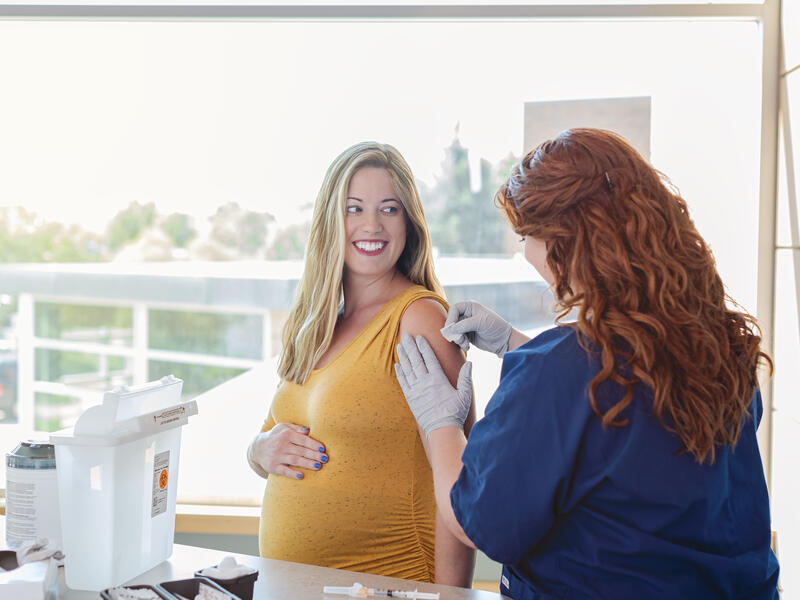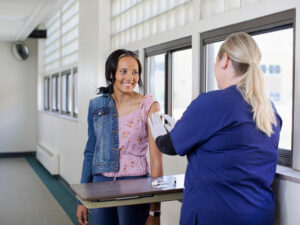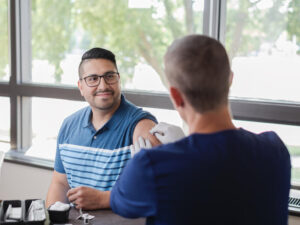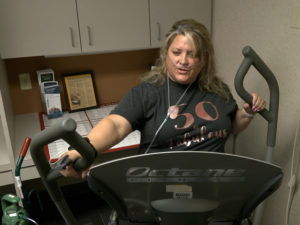HOME COVID-19
Podcasts

Renowned thought leader visits Sanford Health
Podcast: Dr. Eric Topol of Scripps Research discusses future of rural care, lessons of COVID-19

COVID and the important connection to heart health
Podcast: Dr. Tom Stys says COVID infections plus our pandemic lifestyle can make heart disease worse.

Sanford Health, NCI connect to study, prevent cancer
Podcast: The 'Connect' study will follow participants for 10+ years

Regenerative medicine options for orthopedic pain
Podcast: Harnessing the body's own resources to promote healing for orthopedic pain

New treatment options for orthopedic pain
Podcast: Regenerative medicine and orthobiologics use our own bodies in healing

OB/GYN talks COVID-19 vaccine and pregnancy
Podcast: Dr. Jessica Sedevie, who received the vaccine while pregnant, dispels myths

Infectious disease specialist talks COVID-19
Podcast: Amid another COVID-19 surge, Dr. Avish Nagpal urges vaccinations

A mark through coronaviruses
Podcast: Dr. Mark Denison has been studying coronaviruses since the 1980s

IORT, radiation therapy treatment for breast cancer
Podcast: Machine applies direct radiation to target area while sparing surrounding tissue

Why a tumor board is critical to breast cancer care
Podcast: Physicians meet weekly to review all cancer cases and plan treatment
Recent Stories
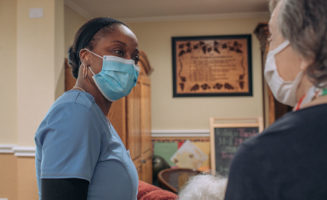
Flu season and COVID-19: Concerns for seniors
Vaccination can help protect adults age 65+ from severe illness

Achoo! Cold and flu season is almost here
Spot the symptoms, and learn to tell the difference between illnesses
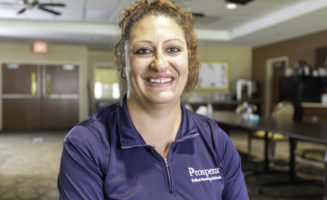
Society COVID-19 infection preventionist honored for efforts
Award is an unexpected but ‘needed boost,’ says Good Samaritan Society nurse

Doctor & mother celebrates vaccine milestone in fight against COVID-19
Sanford Health now administering Pfizer’s COVID-19 vaccine to kids 6 months & older
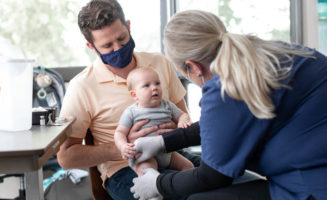
Sanford to offer COVID vaccine for kids ages 6 months and up
Vaccinations begin June 24 for final group in the U.S. approved for COVID-19 vaccine
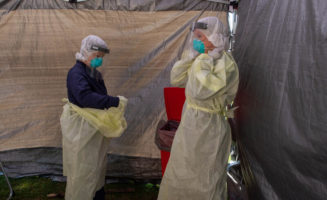
Research nurses publish study on living through COVID-19
Rural RNs share impact of pandemic on work and home life in close-knit communities
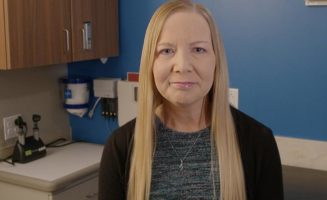
COVID-19 diary from a pediatrician
Brenda Thurlow, M.D., pediatric endocrinologist, is boosted for her patients and herself
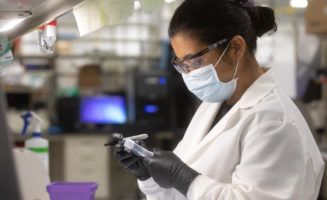
Nationwide ‘long COVID’ study opens at Sanford
Sanford Research will lead regional effort for National Institutes of Health initiative
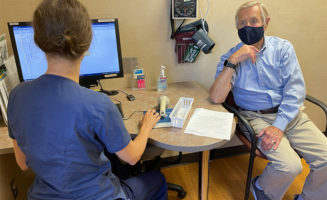
COVID vaccine boosters available at Sanford Health
CDC recommends added protection against COVID for ages 5-11
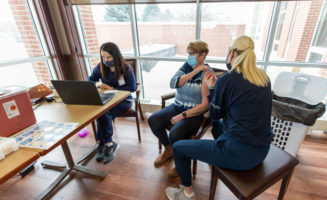
Sanford Health reflects on two years in a pandemic
‘Leading Through COVID’ report shows collaboration across communities to keep people safe
Trending
Cancer
Children's Health
Heart
Orthopedics
Research
Senior Services
Innovations
- Chief physician moderates rural health innovation forum
- Sanford Health Plan president speaks at Healthapalooza
- Fortune names Sanford Health one of America’s most innovative companies
- Digital tools help free up nurses for more patient care
- Doctors teach AI to help spot cancer in image scans
- More in Innovations
News
Sanford Health Foundation
- A Week of Impact: Roger Maris All-Star Week Advances Cancer Care in Fargo
- Pours for a Purpose Raises $220,802 for Child Life in Bemidji
- Blueway Events Raise $394,210 for Cancer Care in Bismarck
- Kade’s Story: A Journey of Light, Love and Support
- Hannah’s Story: From Patient to Purpose
- More in Sanford Health Foundation
Sanford fit
- Easy Ways to Let Your Toddler Help in the Kitchen
- Mindset Matters: Building Growth Mindsets in Kids
- Tips for Raising Independent Kids
- How to Manage Your Kids' Sugar Intake Without Guilt: A Caregiver’s Guide to Healthier Habits
- The Power of Journaling: A Caregiver’s Guide to Supporting Teen Mental Health and Emotional Resilience
- More in Sanford fit
